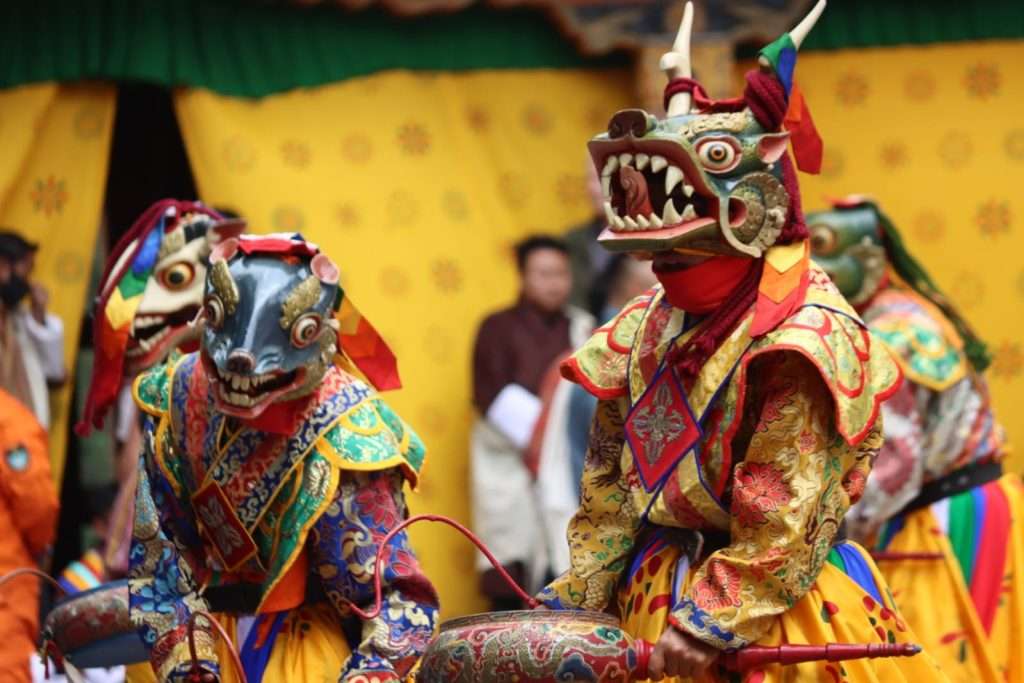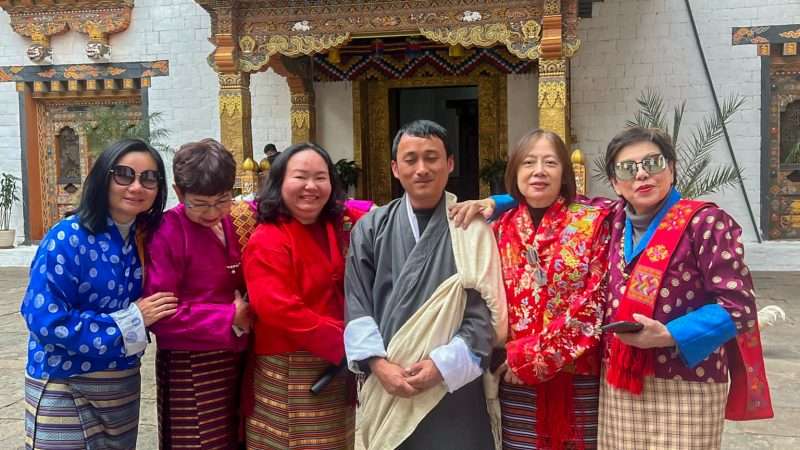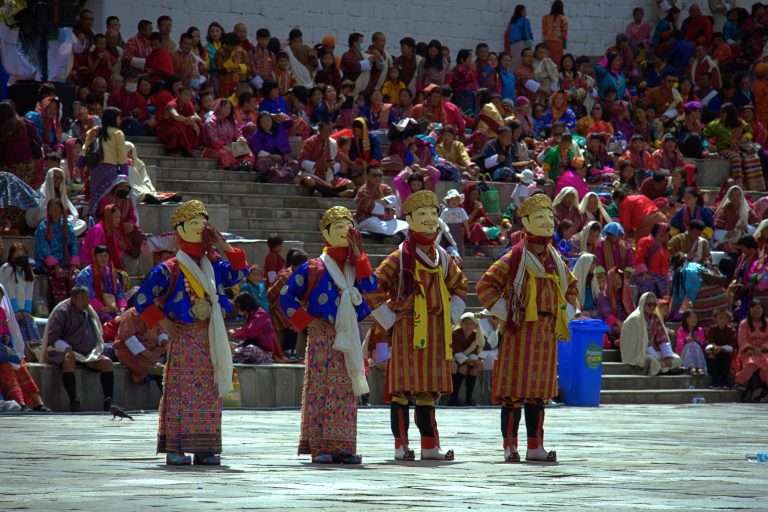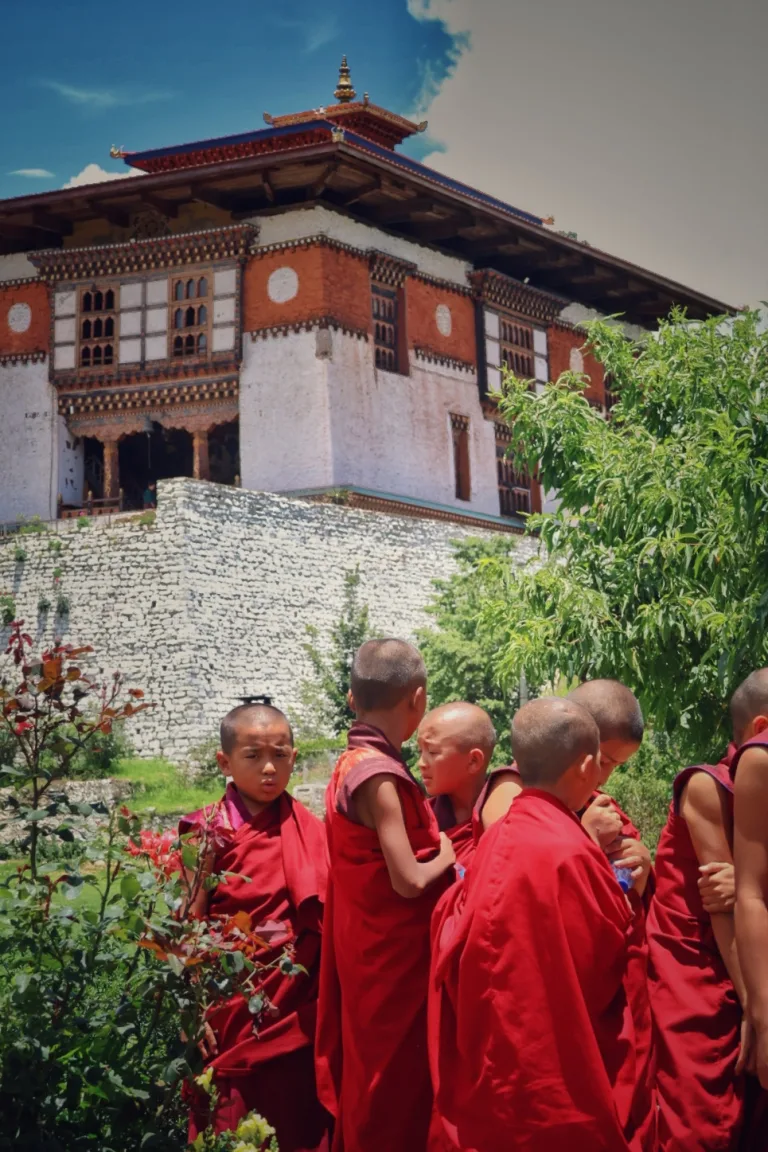Nestled deep in the Himalayas, Bhutan is no ordinary travel destination. With its deeply rooted traditions, spiritual vibe, and community-centric way of life, Bhutan offers more than just beautiful scenery—it’s an experience that feeds your soul. Whether you’re wandering through centuries-old dzongs or spinning prayer wheels at sunrise, Bhutan invites you to slow down and connect.
So, what cultural experiences should you not miss while visiting the Land of the Thunder Dragon? Here’s a guide to some unforgettable activities that will make your Bhutan trip truly enriching.
1. Attend a Traditional Tshechu Festival

Tshechus are Bhutan’s most vibrant and sacred festivals, celebrated annually in various districts. Locals gather in their finest traditional attire to witness masked dances, receive blessings, and honor Guru Rinpoche.
- Where to go: Paro Tshechu (spring), Thimphu Tshechu (autumn), and Jambay Lhakhang Drup in Bumthang.
- Why it’s special: These aren’t tourist shows—they’re real, spiritual events that bring entire communities together.
2. Explore Bhutan’s Dzongs – Fortresses of Faith

Dzongs are unique fortress-monasteries that blend administrative and religious functions. Their massive whitewashed walls, intricate woodwork, and vibrant murals will leave you in awe.
- Must-visit Dzongs: Punakha Dzong, Trongsa Dzong, and Rinpung Dzong (Paro).
- What to do: Walk the courtyards, observe monks in prayer, and learn the historical significance of each dzong.
3. Try Your Hand at Traditional Archery
Archery isn’t just a sport in Bhutan—it’s a celebration. Matches are social events filled with singing, dancing, and playful taunting.
- Where to try: Many hotels offer archery lessons; Thimphu has several public ranges.
- Why it’s fun: You get to experience Bhutanese camaraderie, and it’s a great way to interact with locals.

4. Visit Local Monasteries and Sacred Sites
Bhutan’s spiritual backbone is its monasteries. Many are perched on cliffs, tucked in forests, or built around mystical legends.
- Top sites: Tiger’s Nest (Paro), Kurjey Lhakhang (Bumthang), and Chimi Lhakhang (Punakha).
- Tip: Rise early for morning prayers—it’s peaceful and soul-stirring.
5. Join a Cooking Session with a Local Family
Food is a window into any culture, and Bhutanese cuisine is warm, hearty, and spicy.
- What to cook: Ema datshi (chilies and cheese), buckwheat pancakes, red rice, and Suja (butter tea).
- Where to book: Farmhouse stays in Bumthang or Haa offer the most authentic experience.
6. Take a Hot Stone Bath – Bhutanese Wellness Ritual
After a long day of hiking or exploring, unwind the traditional way.
- How it works: River stones are heated and placed in wooden tubs to heat the water, which is infused with local herbs.
- Where to try: Farmhouses across Bumthang, Paro, and Punakha.
7. Learn About Astrology and Traditional Medicine
Bhutanese life is guided by astrology and traditional healing.
- Where to go: Institute of Traditional Medicine (Thimphu), or consult a local astrologer for a birth chart reading.
8. Try Wearing the National Dress: Gho and Kira

When in Bhutan, dress like the Bhutanese.
- Why try it: It’s a cultural experience, and you’ll be warmly welcomed everywhere.
- Where to rent or buy: Textile shops in Thimphu and Paro.
Conclusion: Dive into Bhutan’s Cultural Heart
Bhutan is more than a destination—it’s a cultural immersion. Whether you’re watching masked dances swirl across a festival ground, sharing a spicy meal with a village family, or listening to monks chant in a 12th-century monastery, every moment is a chance to connect deeply.
Add these cultural experiences to your itinerary and your journey through Bhutan will not only be memorable but truly transformative.
FAQs
- What is the best time to experience cultural activities in Bhutan?
Spring (March–May) and Autumn (September–November) are ideal due to major festivals and pleasant weather. - Are cultural activities suitable for families with kids?
Yes! Activities like festivals, archery, and farmhouse visits are family-friendly and enriching. - Can I participate in monastery rituals as a visitor?
You can observe and sometimes join prayers, but always ask for permission and dress respectfully. - Is it necessary to hire a guide for cultural experiences?
Yes. A licensed Bhutanese guide enhances your understanding and ensures respectful participation. - How can I book these experiences in advance?
Contact a licensed Bhutanese tour operator—many cultural activities can be customized into your itinerary.





